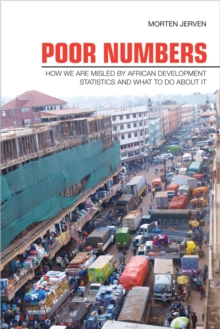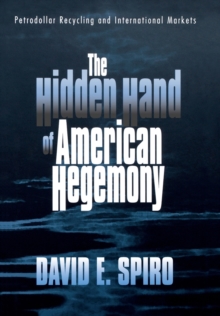
Disparaged Success : Labor Politics in Postwar Japan Hardback
by Ikuo Kume
Part of the Cornell Studies in Political Economy series
Hardback
Description
Japanese scholars have begun to challenge conventional wisdom about effective labor organizing, and Ikuo Kume has written the first book in English to advance their controversial theory.
Since at least the early 1980s, the power of organized labor has weakened in most advanced industrial countries.
The decline of organized labor has coincided with the decentralization of labor-management relations.
As a result, most observers assume that decentralized labor is destined to lose power in a capitalist economy, and that enterprise unions will tend to be docile and powerless.Kume documents the one notable exception.
The Japanese trade union confederation has steadily grown in importance, expanding its scope beyond individual companies to national policy making.
Kume traces the achievements of enterprise unionism in private firms.
Labor, he argues, slowly gained legitimate corporate membership by establishing joint institutions with management.
By the 1960s, labor-management councils, stimulated by foreign competition, had become a widespread feature of Japanese industry.
Soon unions were regular participants in the government deliberation councils and in the information exchange that shaped policy when inflation hit the Japanese economy.
The unions had become a full partner by the 1980s and were crucially involved in the 1993 defeat of the Liberal Democratic Party after thirty-eight years of rule.
Information
-
Available to Order - This title is available to order, with delivery expected within 2 weeks
- Format:Hardback
- Pages:256 pages
- Publisher:Cornell University Press
- Publication Date:09/02/1998
- Category:
- ISBN:9780801433641
Other Formats
- Paperback / softback from £37.39
Information
-
Available to Order - This title is available to order, with delivery expected within 2 weeks
- Format:Hardback
- Pages:256 pages
- Publisher:Cornell University Press
- Publication Date:09/02/1998
- Category:
- ISBN:9780801433641










